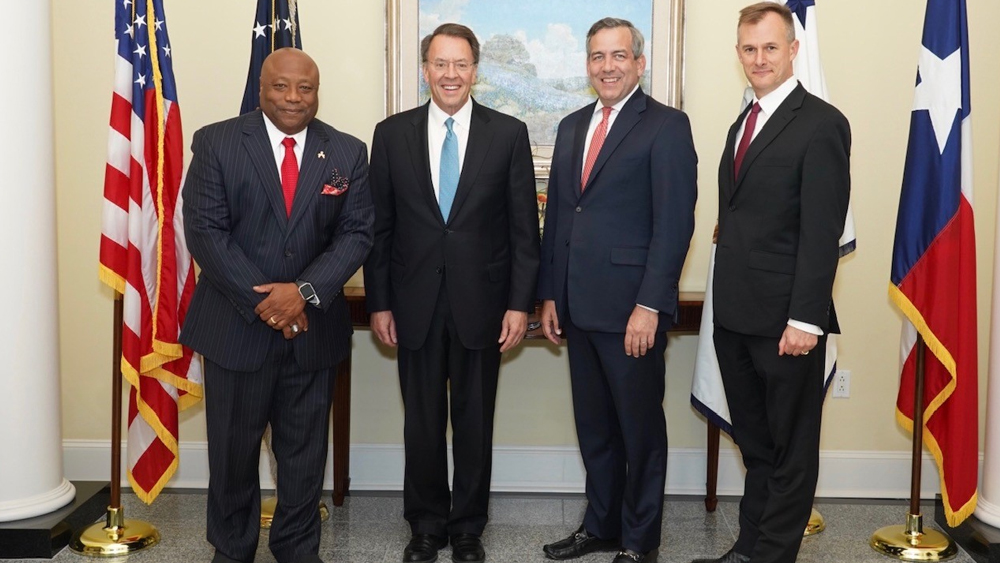
On October 30, 2019, David Bohigian, Head of the Overseas Private Investment Corporation (OPIC), and Robert Mosbacher, former Head of OPIC, discussed the role of the United States in supporting development and foreign policy goals through economic investment as a part of the Mosbacher Institute’s Conversations in Public Policy series.
Mosbacher and Bohigian started by outlining the tools the United States can use to bolster the economic standing of a country, with trade and foreign aid being the most well-known. Development finance, however, allows the United States to leverage private investment to promote economic development and advance foreign policy objectives, making it a very effective tool. Development finance can advance foreign policy objectives, according to Bohigian, in a variety of ways. For example, investment in Central America’s Northern Triangle (El Salvador, Guatemala, and Honduras), can strengthen local economies as a way to curb illegal migration flows into the United States. Other economic development projects involve supporting infrastructure and logistics in Africa. Perhaps the most impactful project is the women’s initiative that works through entrepreneurial incentives for women, so they, in turn, have a greater opportunity to invest in their families.
Mosbacher also discussed barriers to development finance. For example, all projects must have a 25 percent American funding source, but sometimes American funding is hard to find. The Better Utilization of Investments Leading to Development (BUILD) Act, passed in 2018, however, has broken down several of those barriers, which, as the speakers noted, increases America’s ability to compete on the global market. This also strengthens America’s ability to compete strategically with other projects, such as China’s Belt and Road initiative, by providing easier access to funding for more long-term, effective projects.
According to the speakers, as OPIC transitions under the BUILD Act, two key challenges face the agency. First, OPIC needs to counter the home bias in investment and convince people to invest in the global economy. Second, private and government investors must coordinate resources in a more effective way to better use their capabilities to achieve common goals.
In addition to their public talk, Bohigian and Mosbacher inspired and informed many students about the potential for development finance by speaking to Bush School classes, including Dr. Raymond Robertson’s Global Economy class, Dr. Jessica Gottlieb’s Institutions and Development class, and Leslie Ruyle’s Women and Development class.

